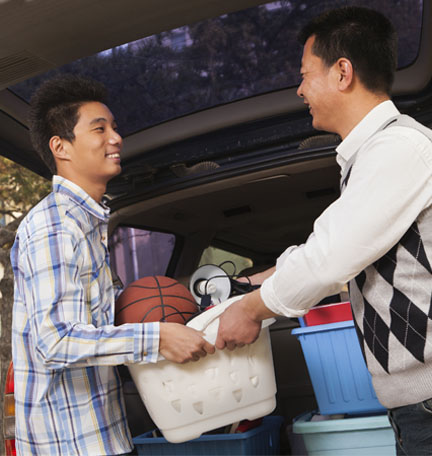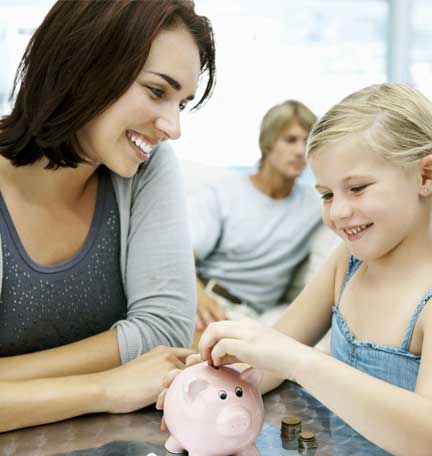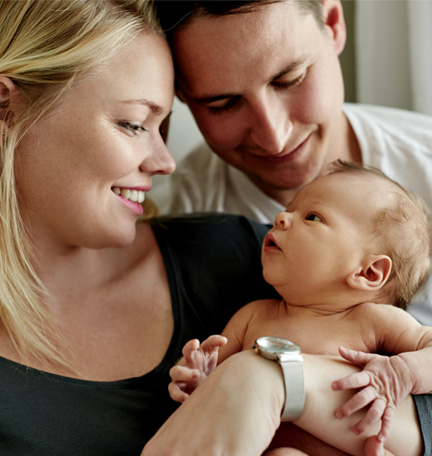It’s never too soon to start charitable traditions with your family — even if your kids are still small. Encourage even your youngest children to be charitable, so they learn they can make a difference by helping others.
Here are four ways to help your family establish charitable giving traditions that will last a lifetime.
Start the Charitable Giving Conversations Early
“Everything is very consumer focused these days,” says Tamar Chansky, Ph.D., Psychologist, and Author of Freeing Your Child from Anxiety. “Kids need parents’ help to think of other children’s needs.”
You can begin teaching these lessons to children as young as 3 and 4 years old, Chansky says. “Tell your kids they shouldn’t feel bad for what they have, but that some children just don’t have as much as they do,” she says. “You can also explain why it’s important to help other children enjoy things like they do.”
Adopt a Family in Need
There are many programs and organizations, such as your local United Way, that connect volunteers with needy families. When the holidays come around each year, adopt a family, and let your kids help shop for items to buy and donate. “Ask them what gift they think the child they’re buying for may like,” Chansky says. If you have younger kids who want to contribute toward food or gifts for the family, let them earn money to put into a giving jar by doing extra chores around the house.
Donate Money
If your kids get an allowance, help them set up a simple money management system that includes three categories: saving, giving, and spending. Decide together how much money they can put into each category on a regular basis.
If your kids aren’t sure which charity they want to support, encourage them to research online, and help them find a cause they can feel passionate about. You can use websites like the BBB Wise Giving Alliance or GuideStar to research charities to help ensure your family’s donations are put toward a good cause.
Reinforce that every contribution — no matter how small — helps someone in need.
Donate Time or Items
Do you volunteer at your local women’s shelter or donate clothing to charity? Make sure your kids know all the things you do to give back, and what it means to you and those who receive your donations. After all, it's up to you to set an example of giving through your own actions.
Your kids can participate in some activities with you, such as sorting items you’ll donate to charity or serving food at a local soup kitchen. You can bake cookies with your kids to give to a neighbor. Or your kids can give their time by helping a friend with a big chore, like raking leaves. Even giving them the authority to pick out a birthday gift for a friend can help them think about the needs of someone else, even if you still pay the bill at checkout.
By starting early and demonstrating charitable habits, your children can grow up understanding the importance of charitable giving. “Children have a natural altruistic streak that begins at a young age. Reinforce the seeds and behaviors that are already there,” Chansky says. “When you model positive efforts that come from the heart, kids will be interested in that.”










